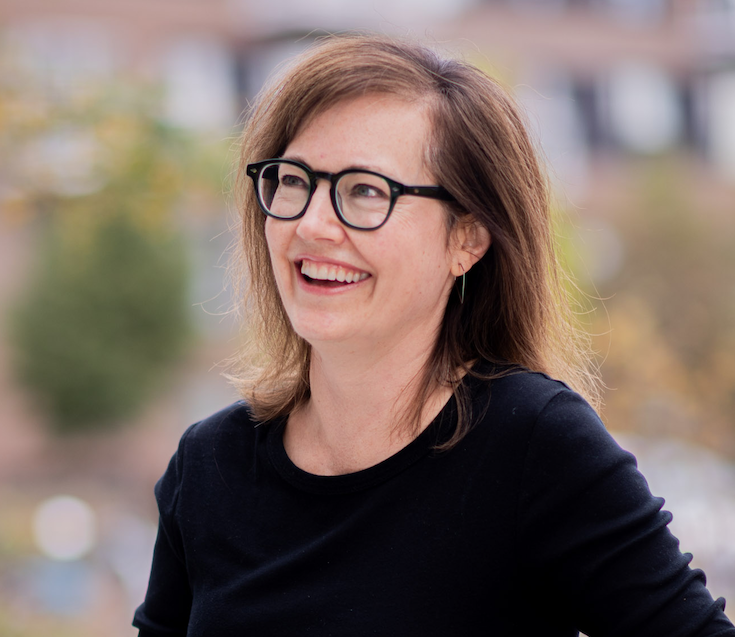Kathryn Peterson: The confidence coach
 Kathryn Peterson: “No matter what our challenges are, we all have unique strengths and strong skill sets. That’s what I focus on.”
Kathryn Peterson: “No matter what our challenges are, we all have unique strengths and strong skill sets. That’s what I focus on.”
Before becoming a professional coach, consultant, and facilitator, Kathryn Peterson spent 14 years in the public health system as an intervention worker, supporting people through complex life challenges.
Today, she draws on that frontline experience and her training in psychoeducation to lead courses and workshops that help professionals strengthen their communication, collaboration, and leadership skills. Her empathetic approach makes Concordia Continuing Education classrooms a safe space for learners to better understand themselves and navigate emotionally charged situations in the workplace.
What inspired you to start teaching in addition to your professional work?
Kathryn Peterson: The funny thing is, I wasn’t at all comfortable with public speaking; I was actually really afraid of it. That’s the first story I tell in the public speaking course I teach: you don’t have to be a natural because I definitely wasn’t. My mom once said, ‘I think there’s something in you that wants to communicate, wants to facilitate.’ There was something in me that wanted to do that too, but I was deathly afraid of speaking in public. So I rolled up my sleeves and took as many public speaking classes as I could. That desire to help others learn is what ultimately led me to teaching.
What unique experiences do you bring to your classes at CCE?
KP: I’m a strengths-based facilitator and coach. In my psychoeducation background, we work on building people’s strengths. No matter what our challenges are, we all have unique strengths and skill sets. So that’s what I focus on, both in the classroom and one-on-one.
I often worked with people from the homeless population. We would help them manage their money: their welfare application, budgeting, grocery shopping, and so on. That’s a real psychoeducation situation, right? Where we are helping them acquire skills for life.
How has your industry evolved over the years?
KP: More and more, folks are talking about themselves, and that’s hopeful, right? I think there’s definitely a trend right now toward working on ourselves, which is good. Especially these days, coming out of the post-COVID chronic stress period — I don’t think there’s ever been a time in my life when it has been as important to regulate our emotions, because other people aren’t necessarily regulating theirs.
What real-world challenges do you help your students tackle?
KP: One of my most popular workshops — and I call it my hit, ‘Hotel California’ — is Dealing with Difficult Personalities. It’s all about understanding difficult behaviours and their underlying causes. Not to condone the behaviour, but just to help people move from a reactive mode to a more responsive one.
Sometimes they go in thinking that one issue is the problem, and then discover, ‘I actually don’t have interpersonal issues. I have emotional regulation issues.’
Can you share a memorable moment or success story from one of your classes?
KP: Sometimes there are workshops where something awesome happens. People have an ‘Aha!’ moment where they realize something. They get emotional because it’s just what they needed. They say, ‘Wow, we had a really great discussion, and I was able to get an outside perspective on a problem I’ve had for a long time.’

